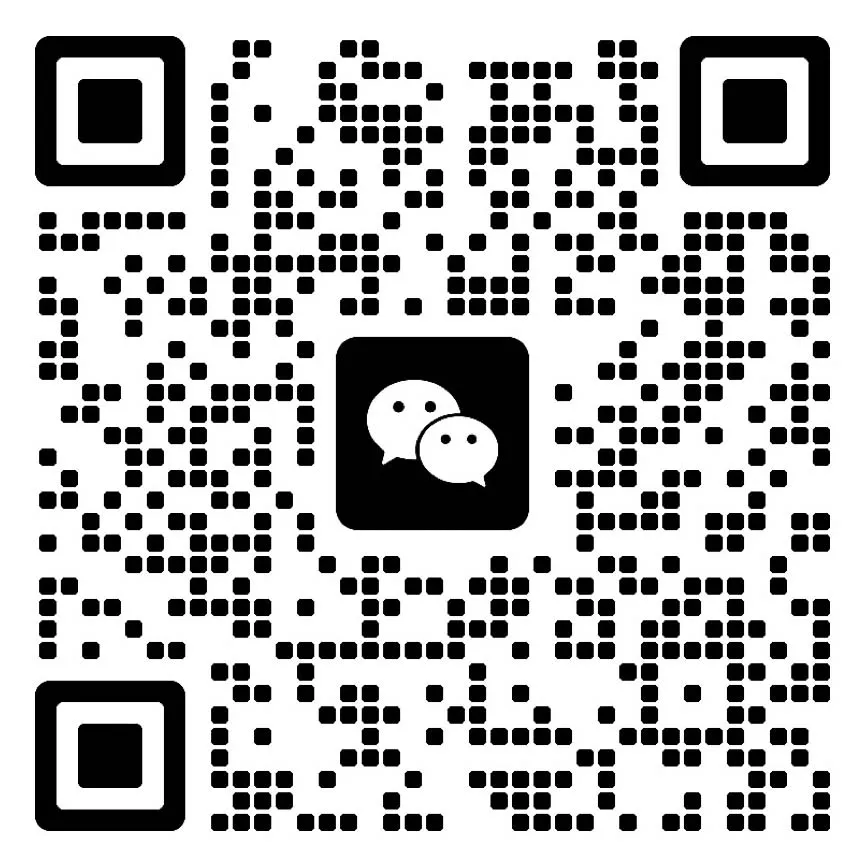Introduction
In modern cable manufacturing, maintaining precision and productivity depends on how efficiently each process stage performs. A rewinder machine plays a crucial role in achieving consistent tension, accurate layer winding, and uniform coil formation. Manufacturers rely on it to inspect, measure, and rewind cables before packaging or further processing. Selecting the right rewinder machine defines not only production output but also long-term operational stability.
What a Rewinder Machine Does in Cable Manufacturing
A rewinder machine is designed to rewind finished or semi-finished cables from one spool to another while controlling tension and speed. Its main purpose is to correct coil defects, verify cable length, and improve winding consistency. During rewinding, operators can remove damaged sections, apply markings, or inspect insulation quality.
In a typical production line, the rewinder acts as the final quality gate before shipping. A well-calibrated system ensures the cable maintains its roundness and insulation integrity throughout the process.
Core Components and Working Mechanism
A rewinder machine consists of three main functional modules:
Pay-off stand for feeding the cable under stable tension.
Tension control system for balancing mechanical stress and preventing deformation.
Take-up unit that rewinds the cable onto the target spool or coil.
Modern rewinder systems integrate automatic diameter measurement, meter counting, and fault detection. The precision of these modules directly affects coil density and production uniformity.
Advanced rewinding machines from DOSING Cabletech adopt servo-driven tension control and programmable logic systems, allowing operators to maintain exact parameters for various cable sizes without manual recalibration.
Why Efficiency Depends on Rewinding Accuracy
Every deviation in rewinding tension or layer overlap increases waste and reduces downstream process quality. Uneven tension causes cable elongation, insulation cracking, or irregular coiling.
When a rewinder machine maintains precise tension feedback, it ensures:
Stable speed synchronization between pay-off and take-up units
Consistent layer density for easy unwinding during installation
Reduced material waste by eliminating loose ends and surface scratches
Enhanced line throughput by minimizing stoppages and manual adjustments
High-efficiency production depends not only on machine speed but also on the quality stability that a rewinder provides.
Types of Rewinder Machines Used in Cable Production
Manual Rewinder Machines
Suitable for small-scale operations or testing lines. Operators manually adjust tension and spool alignment. Low cost, but limited precision.Semi-Automatic Rewinder Machines
Combine manual setup with automated tension and length counting. Commonly used for mid-size production where flexibility is essential.Fully Automatic Rewinder Machines
Equipped with servo motors, PLC systems, and touch-screen interfaces. Capable of automatic spool change, fault alarm, and data recording. Best suited for continuous high-speed production environments.
Manufacturers often select equipment based on cable diameter range, coil weight, and production speed. For example, wire rewinding machines for fine copper wire require higher tension sensitivity than those used for large power cables.
Key Factors When Selecting a Rewinder Machine
Tension Control Precision – Essential for preventing insulation damage.
Speed Range and Stability – Determines throughput capability and coil uniformity.
Spool Compatibility – Machine should accommodate multiple reel sizes.
Automation Features – Such as meter counting, automatic stop, or diameter adjustment.
Safety Systems – Emergency brakes, guard covers, and overload protection ensure operator safety.
Ease of Maintenance – Quick spool loading and modular components reduce downtime.
A machine with advanced control logic and data monitoring, such as models engineered by DOSING Cabletech, helps operators achieve repeatable quality across different cable types.
Advantages of a Modern Rewinder Machine
Enhanced Quality Control – Defect detection during rewinding reduces customer complaints.
Optimized Production Flow – Continuous operation minimizes idle time.
Energy Efficiency – Servo systems consume less power compared with conventional drives.
Reduced Labor Cost – Automation reduces operator intervention.
Better Traceability – Integrated meters and sensors provide production data for quality records.
The combined effect of these advantages leads to a leaner, more responsive production environment capable of meeting diverse market requirements.
Practical Applications Across Cable Types
Rewinder machines are widely applied in various production sectors:
Power cables – Rewinding large spools with heavy conductors.
Communication cables – Maintaining precise layer pitch to avoid signal loss.
Fiber optic cables – Controlling minimal tension to protect fragile fibers.
Enamelled wires – Ensuring smooth surface finish for electrical performance.
Each application demands unique mechanical and control characteristics. A high-efficiency rewinder enables manufacturers to adapt to multiple product specifications without equipment changeover.
Integrating Rewinder Machines into Smart Production Lines
With the rise of digital manufacturing, rewinder machines are increasingly integrated into Industry 4.0 environments. Data connectivity allows real-time monitoring of production parameters, predictive maintenance, and process optimization.
Future rewinder systems are expected to communicate with upstream drawing or stranding equipment, automatically adjusting speed and tension based on cable properties. This transition toward intelligent automation is transforming traditional wire plants into smart, data-driven facilities.
Conclusion
A rewinder machine determines how efficiently and accurately cable products reach final packaging. Its ability to control tension, detect faults, and maintain coil uniformity directly impacts overall production performance. Manufacturers aiming for high efficiency and consistent quality benefit most from adopting advanced rewinding technology. For optimized results, equipment engineered by DOSING Cabletech demonstrates how precision control and intelligent automation can elevate cable manufacturing standards.
![Rewinder Machine for High-Efficiency Cable Production第[1]张 Rewinder Machine for High-Efficiency Cable Production第[1]张](/uploads/allimg/20251106/1-25110609412O57.webp)


